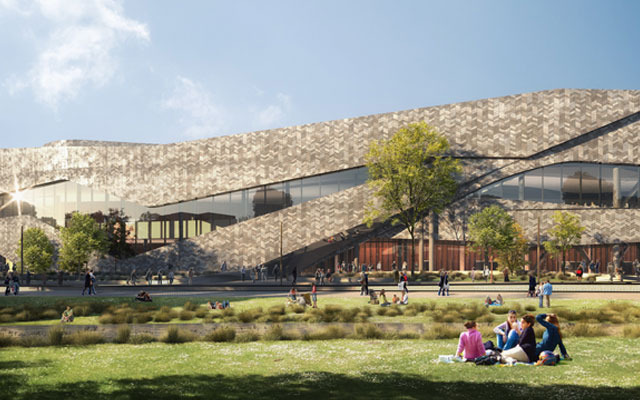
According to Conventions and Incentives New Zealand (CINZ), business events are generating high value for New Zealand’s visitor industry, and it can only get better in the future.
The Convention Delegate Survey (CDS) – released by the Ministry of Business, Innovation and Employment (MBIE) for the year to December 2017 – revealed the total spend by international convention delegates was up 17 per cent compared to 2016.

CINZ chief executive Sue Sullivan said business events are a major growth sector for New Zealand with nightly spend for international convention delegates over 50 per cent higher than the average nightly spend of all international visitors.
“This can only grow as our value proposition strengthens, and we gear up for major new convention centre and hotel infrastructure which will give us the ability to cater for much larger multi-day conventions,” she said.
Multi-day convention delegates stayed an estimated 1.1 million visitor nights in New Zealand and spent an estimated NZ$506 million (US$371 million) in 2017. The average per-person per-night spend for all delegates who spent time away from home to attend conferences was NZ$385.
The total spend was down on last year’s NZ$588 million which was driven by high domestic growth in 2016, but still a step up from NZ$472 million in 2015.

The Convention Delegate Survey also shows strong growth in international convention delegate spend was driven by an increase in delegates (up nine per cent), and length of stay (up 20 per cent to 7.2 nights), but offset by a fall in nightly spend (down 10 per cent from 2016 to NZ$299).
“These figures do not reflect the economic impact these international delegates have after they leave the country. We do not account for the ongoing relationships, knowledge transfer or commercial transactions that happen. The numbers don’t include the spending by their partners or family either,” Sullivan stressed.
“The broader benefits of a growing business events economy are equally important. New Zealand’s business events sector provides key support for infrastructure development, business relationships, knowledge transfer and industry investment, with the benefits spreading across both city and regional economies.”
The full report can be found here.




















